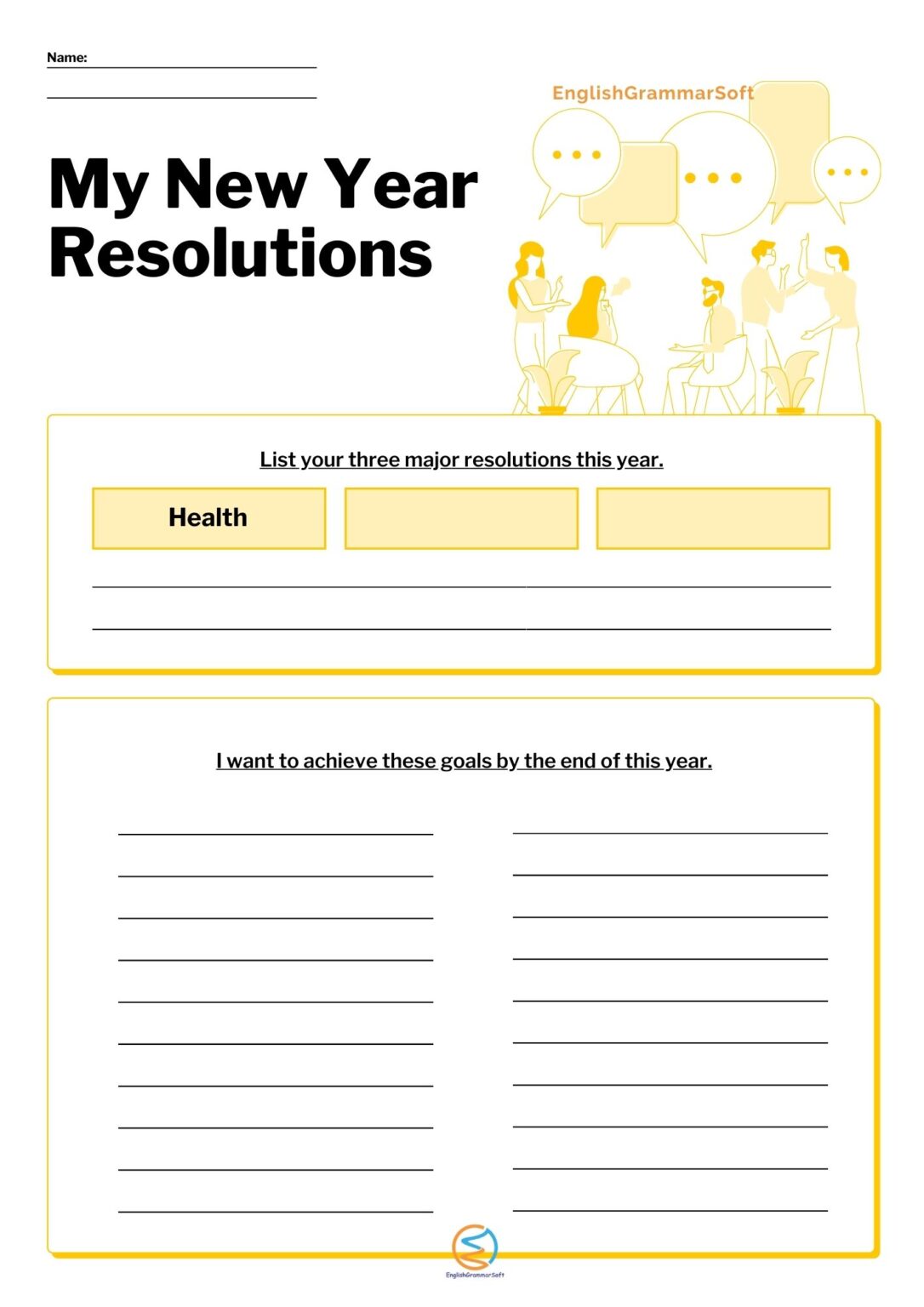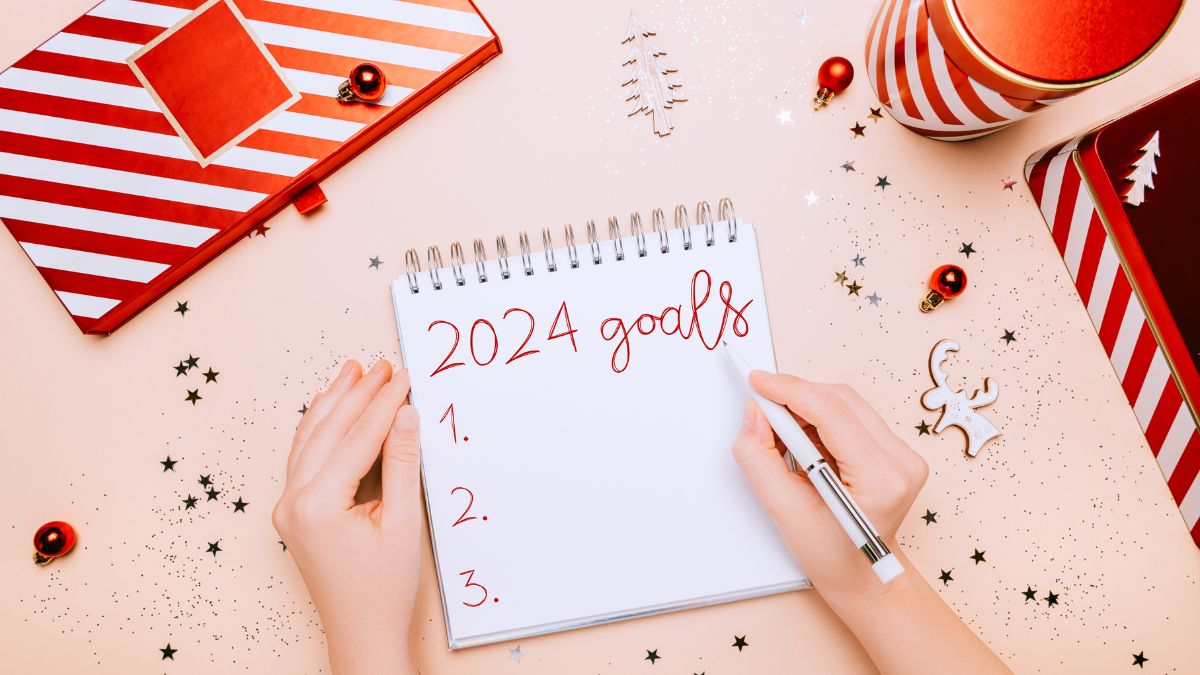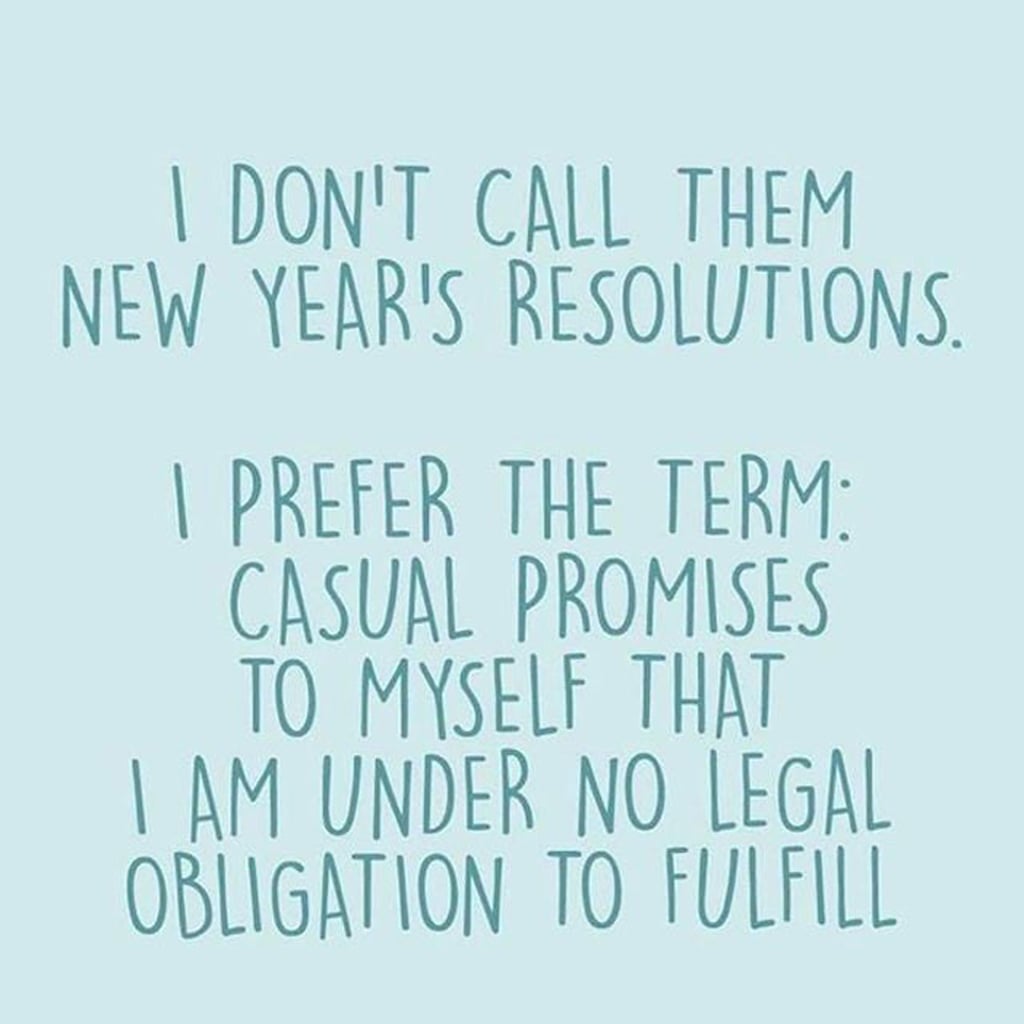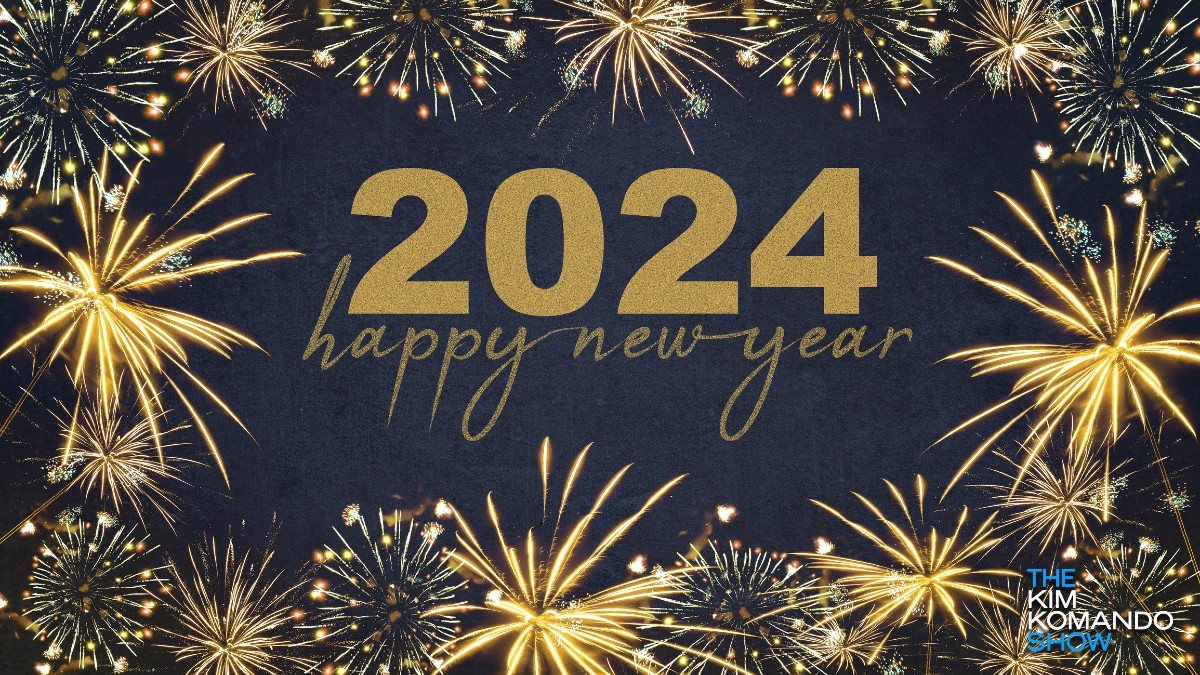Gallery
Photos from events, contest for the best costume, videos from master classes.












Studies reveal that while 38.5% of U.S. adults set New Year’s resolutions annually, only 9% successfully keep them. Additionally, 23% abandon their resolutions within the first week, while only Motivation Why New Year’s Resolutions Set You Up to Fail Skip the resolutions this year and try news strategies instead. Updated December 29, 2024 | Reviewed by Gary Drevitch “I’ve seen two different statistics, one is that 80% of resolutions fail by the second week in February,” Phillips says. “The other is a bit less depressing and that’s 40% of us are Making Sustainable New Year's Resolutions a Reality. There are lots of ways people can make healthier choices for themselves and the planet. Part of being successful is choosing wisely. There is a cartoon that captures this insight. Two blue whales are talking, and one says, "My new year's resolution is to lose 38,000 pounds." But what happens when the energy and excitement after the ball drops wears off—and how many New Year’s resolutions fail to come to fruition? Below, we explore exactly what types of goals Here are eight ways to stick with your New Year’s resolution well beyond January and all the way to completion. Think small. Build self-trust. Invent challenges. Cultivate optimism. Make Many people make New Year's resolutions but few keep them. Learn the psychology behind why our resolutions fail and what we can do to meet our goals instead. Here are 7 reasons why so many New Year’s Resolutions fail and, more importantly, how to set yourself up for success: 1. Your Goals Aren’t Specific Enough. “I want to get healthier” is a great mission, but not a great goal. The universe responds to specificity, and so does your brain. Now or Never: Why Do Many New Year’s Resolutions Fail? Uncover the psychological nuances behind the gap between good intentions and actual follow-through when it comes to New Year's Resolutions, exploring phenomena like hyperbolic discounting and identity attachment. Most New Year's resolutions fail. Here's how experts suggest shifting them for the greatest chance of success — and the best approach for your mental health. Most New Year's resolutions fail. New year's resolutions are notorious for always failing a few weeks in. If you really want to use the new year to kickstart some new habits, here's my best tip and how to apply it. Choose 1 (One!) thing to focus on. Be 'very' specific in what that looks like. You need to know exactly when, where, and how you will be doing the new habit. Knowing that most New Year’s resolutions fail, Katie Hawkins-Gaar says she approaches resolutions differently now. She suggests setting small goals week by week. Motivation The Failed New Year’s Resolution: Three Tips to Get on Track Skills that can help you change your habits. Posted January 31, 2024 | Reviewed by Lybi Ma Every new year brings a lot of excitement, zeal, and motivation to set goals to get well and bring health and wellness into our lives. But like last year, we failed to stick to them. Here are some tips and tricks to adhere to your resolutions and achieve all your desirable goals this coming year. Look for Your Current Habits DEAR MIXED RESULTS: I’ve certainly known of cases where people give unfulfilled resolutions another go, but I’m not sure why you’re feeling as if you’ve failed. Statistically, the vast majority of people who make resolutions break them within the first few weeks of the new year. What do failed New Year’s resolutions say about society? The most failed New Year’s resolutions uncover a lot about where our society is, but can also offer insight into where you are in your life. Every year, millions of Americans make New Year’s resolutions, hoping to improve their mental, physical and financial fitness. Funny New Year Resolutions. If you ever made a resolution to burn weight in 30 days, or stop alcohol, or smoking, but never kept to it, it is important to find ways to make your New Year resolutions work. According to Forbes research, the most common theme for New Year’s resolutions in 2023 was improving mental health, and this year the focus was on getting fitter. So, before you give up on yourself for another whole year, let’s take a look at how you can reboot those resolutions into solid goals. 38.5% of US adults set New Year’s resolutions every year. 59% of young adults (18-34) have New Year’s resolutions, which makes it the largest demographic that sets these goals. 48% want to exercise more, making it the most popular New Year’s resolution. The top 3 are all health-related. Rather than beating ourselves up in these early days of the year over a failed New Year’s resolution, we’d do better to brew a pot of tea, grab a notebook and see what we can learn.
Articles and news, personal stories, interviews with experts.
Photos from events, contest for the best costume, videos from master classes.











